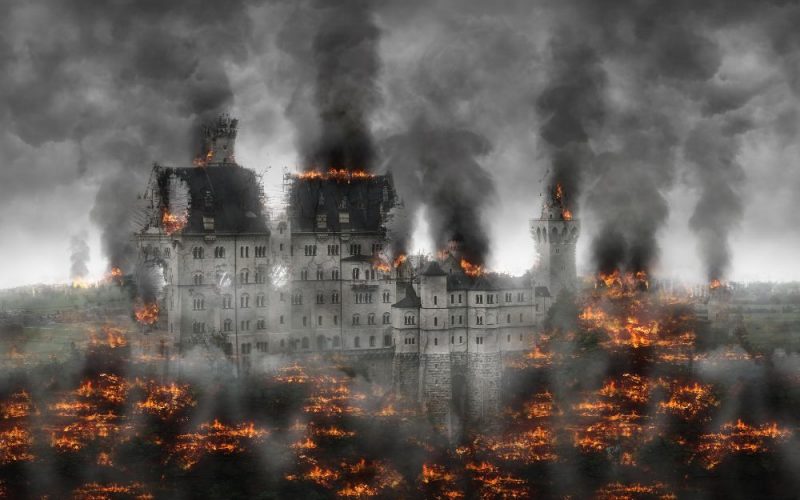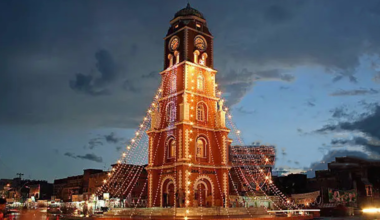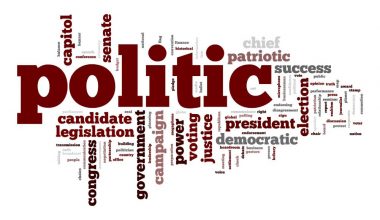The present floods in Pakistan are turning into a tragedy of a massive scale. We are not yet fully aware of the full extent of damage and disaster.
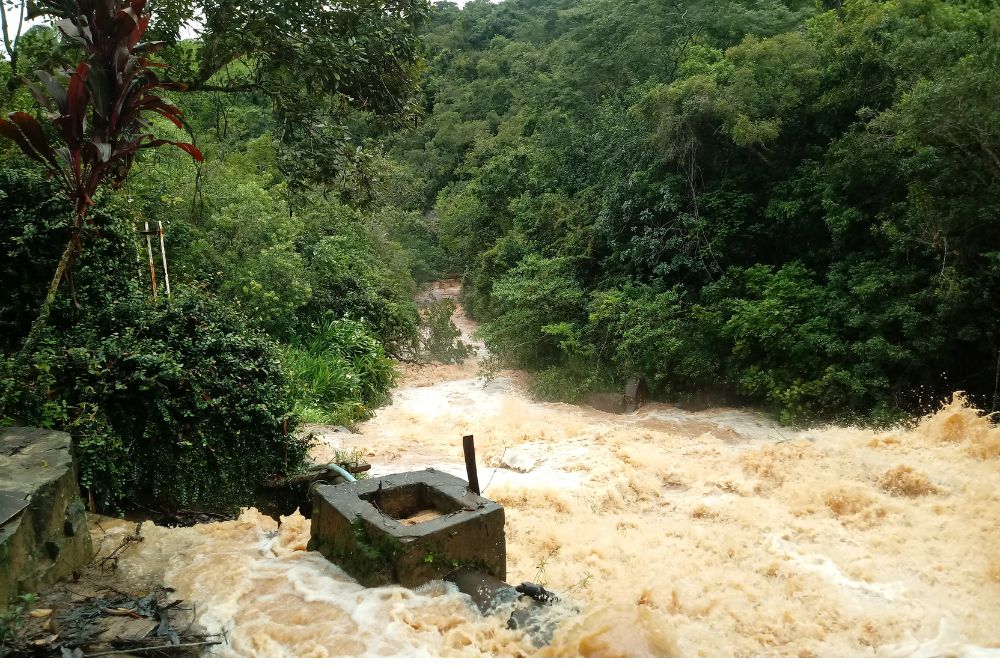
At this stage, it is very difficult to say how will Pakistan overcome this calamity and indeed what will Pakistan look like in the coming months. While efforts are being organized to help the victims and appeals are being raised to contribute money towards these efforts, there is also a group of people who is saying that the floods are a divine punishment to the people of Pakistan because God is unhappy with the ways Pakistanis behave.
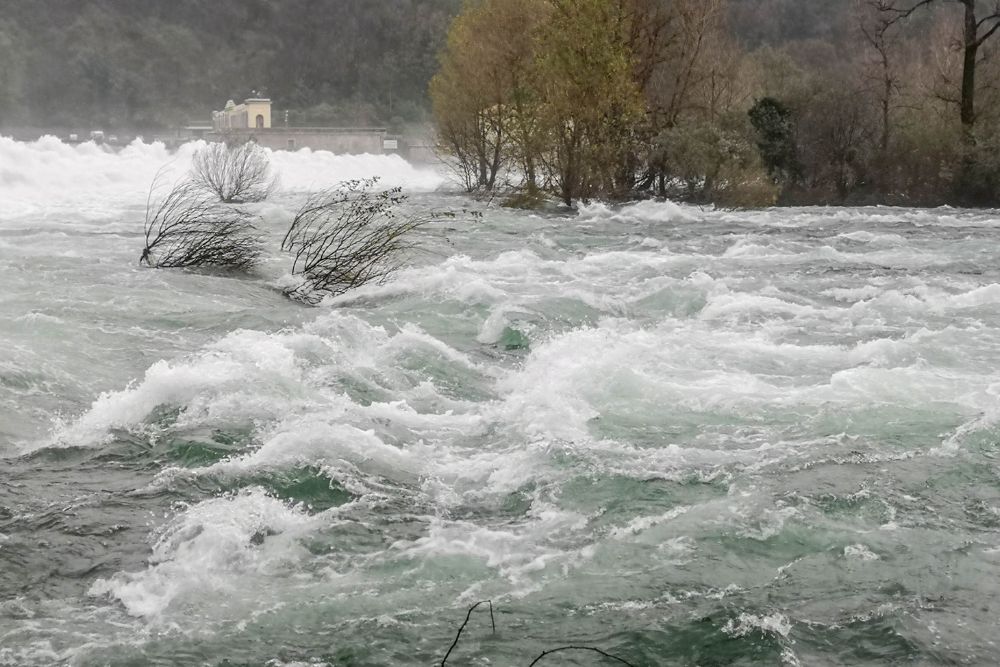
Natural calamities have been interpreted as divine punishments by humanity since time immemorial. Indeed, when people find themselves in a sudden natural disaster, it is a human reaction to blame it on them if they have no other ready explanation. However, it is a very different thing altogether if the people who are making these sweeping statements are sitting in their comfortable homes in Dubai, London or Toronto. It is not just cold and uncaring. It is cruel.
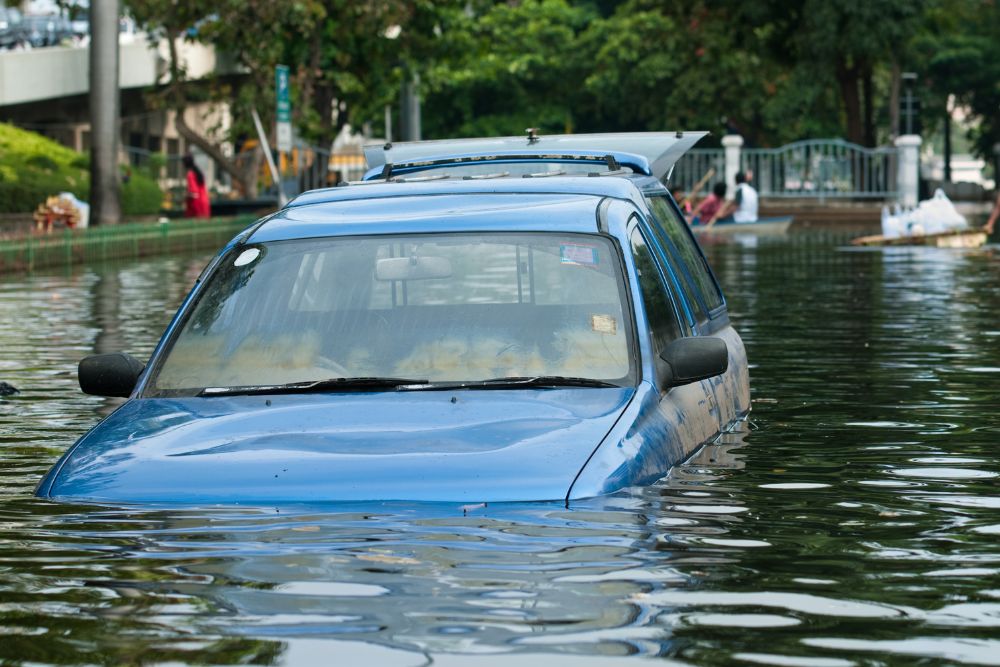
I am no expert to speculate on the causes of this tragedy. I am not sure if it is the result of global warming or poor water management. Is it because the relief mechanisms are dysfunctional, like everything else in Pakistan or is it due to the lack of early warning systems? Maybe it is a combination of all these and many other reasons that I do not know. So I am not going to spend more time on this. Instead, a much more useful exercise would be to try and understand why the world seems to be so unresponsive to the appeals for aid to Pakistan in this time of extreme misery and disaster?
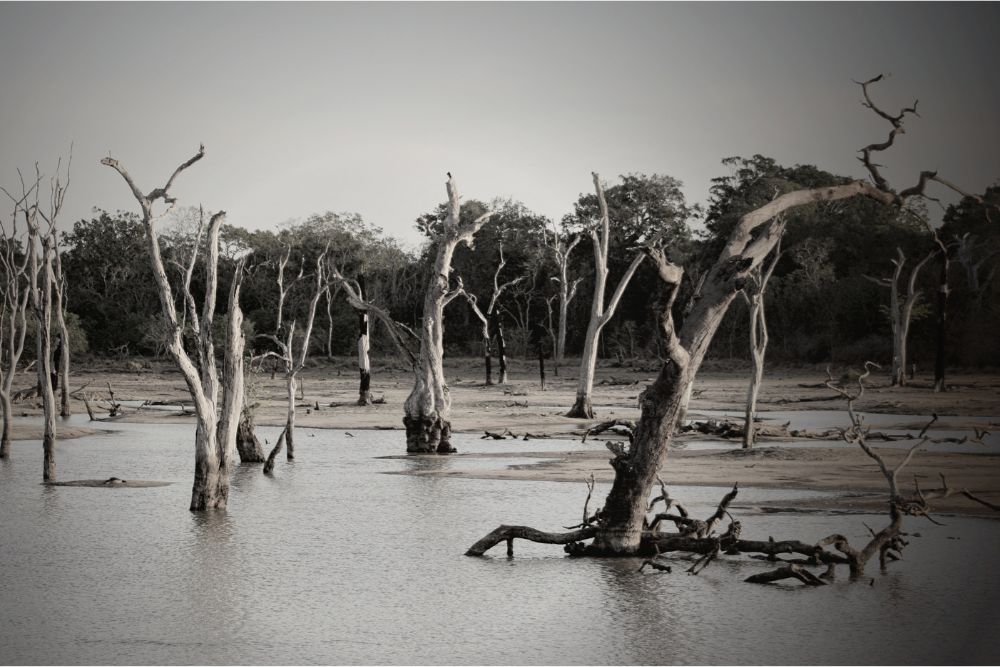
Here are some reasons that I can think of:
25 years of belligerent posturing and anti-Western rhetoric coming out of Pakistan has made an impact in the West. Why send your money to those who are resolved to destroy you? The most recent case of Faysal Shahzad in New York bombing attempt is very fresh in the collective memory of the American general public. But going back to several years, almost all terrorist acts in the UK or elsewhere in the West have had a Pakistani connection. Over the years, Pakistan has distinguished itself as a country that harbours terrorists. Pakistanis are identified as sympathetic and supportive of terrorists. The fact that Pakistan has nuclear weapons has also played a role. The question that is often being raised is: “If Pakistan can build a nuclear bomb, why can’t it protect its own people against natural calamities.” Although India too is a nuclear power but during the Tsunami disaster, this point was not raised in the Western media when help was being organized for the victims in India. But considering the general anti-Western sentiment in Pakistan, it is only natural that the Western opinion considers Pakistani nuclear weapons as a threat against them. After the earthquake in Northern Pakistan in 2005, the West provided generous support. There was an expectation that such gestures of goodwill would result in a climate of understanding and friendship. Not only that Pakistanis were not very grateful, a lot of the aid money was misused and there was very little transparency and follow up on aid efforts. The world is going through a cycle of low economic growth and high level of unemployment. The capacities of all donors have been curtailed. The public opinion in donor countries points to the pressing needs within the national borders for support.
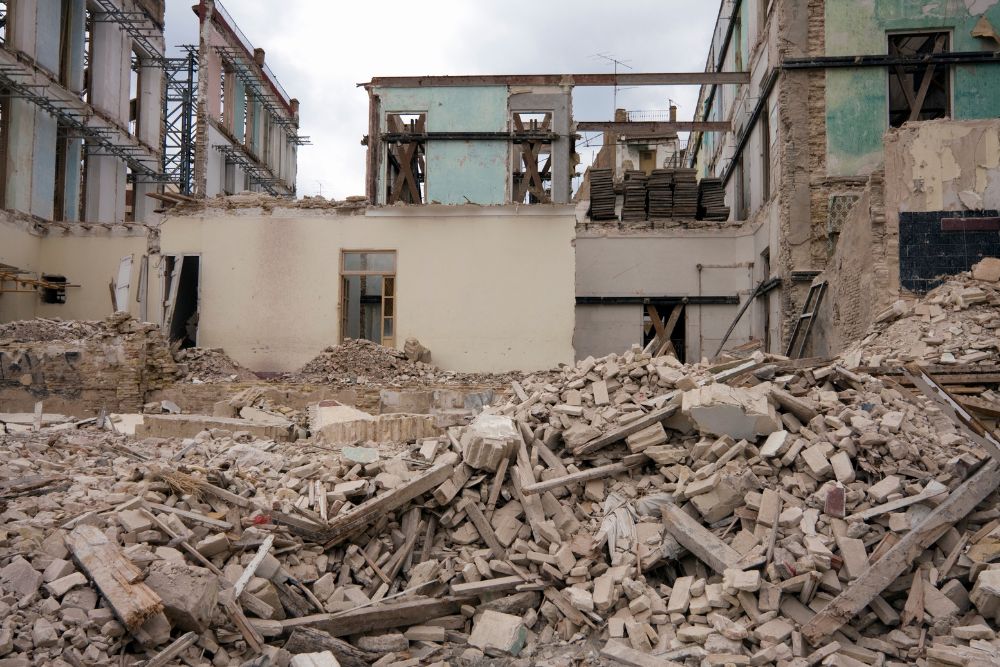
The earthquake in Haiti earlier this year, has exhausted the donors. All aid agencies, NGO’s and private donors find themselves in a state of “donor fatigue”.
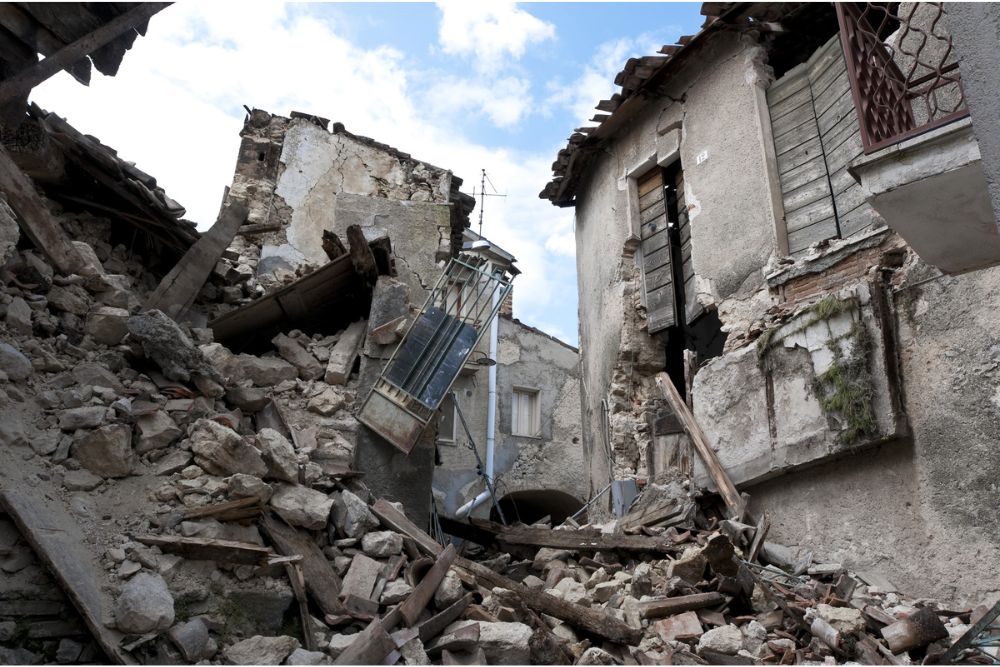
Indian Diaspora, around the world has played a very important role in shaping the public opinion about Pakistan in the media, at the schools and universities everywhere and to portray Pakistan as a barbarian state that is opposed to the civilized world. Common Americans have little understanding of the international affairs, but Indian Americans in different walks of life are always at hand to present a “well-informed” and “logical” view of how absolutely horrendous Pakistan is. Their view is often adopted as the general position on this subject.
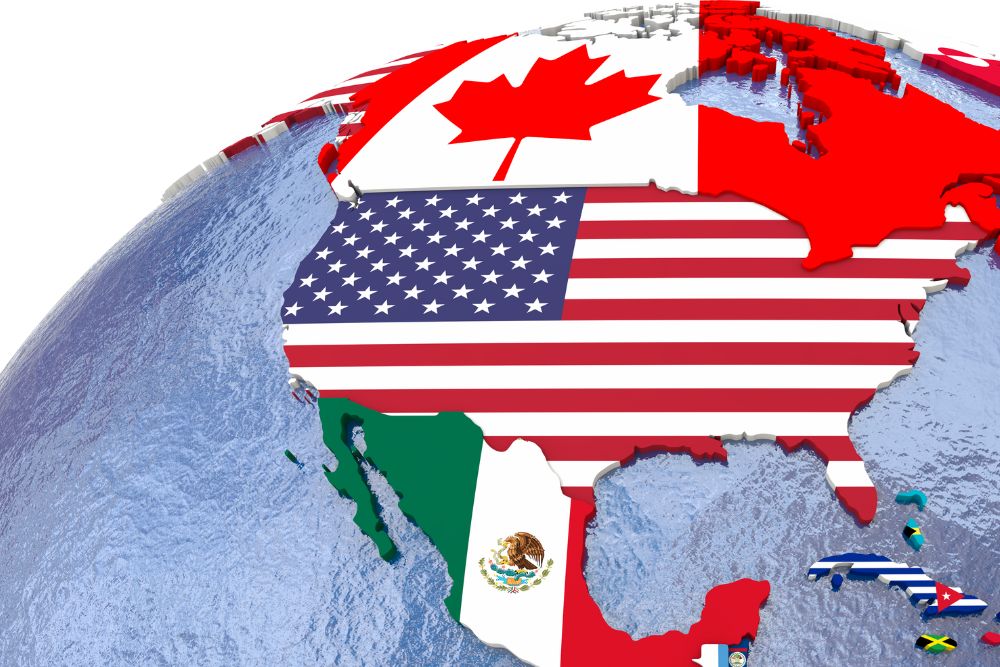
The anti-Arab and anti-Muslim sentiment has been rising in the West since 9-11. The election of Barack Obama in the US has exacerbated this sentiment. Pakistan is increasingly identified as a Middle Eastern country as opposed to an Asian country. So, all the negative stereotypes against Arabs are now also applied to Pakistanis. Internet has played a major role in propagating extreme opinions in the world in the recent past. Blogs, instant comments on news and Internet-based social media magnify the extremist voices. This just escalates negative sentiments around the globe. Unfortunately for Pakistan, the net result of this is that the world considers Pakistanis to be bigoted fanatics. The Pakistani government is perceived as corrupt and incompetent in the media. The recent blunders of the present regime in Pakistan have further hardened this opinion.
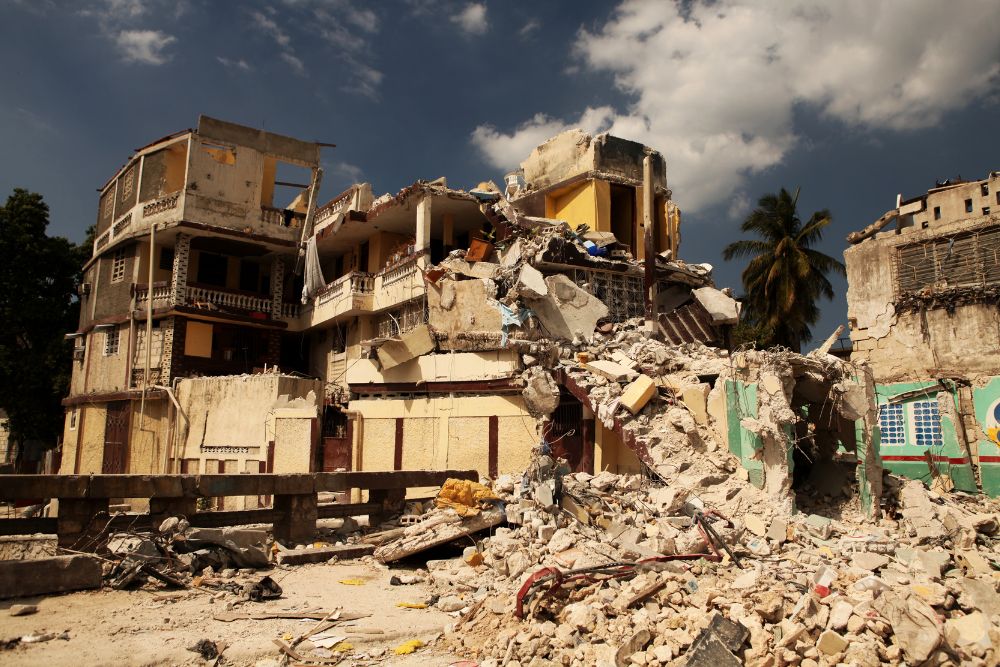
It is deeply saddening to observe that Pakistan has reached another extremely low point in its tumultuous history. However, it is also true that things can go even worse if the after-effects of this disaster paralyze whatever chances of growth and progress may have existed. Or can Pakistan make a fresh start?
The writer is the author of four books that can be seen at https://www.amazon.com/Asif-Zaidi/e/B07J2S7R11

